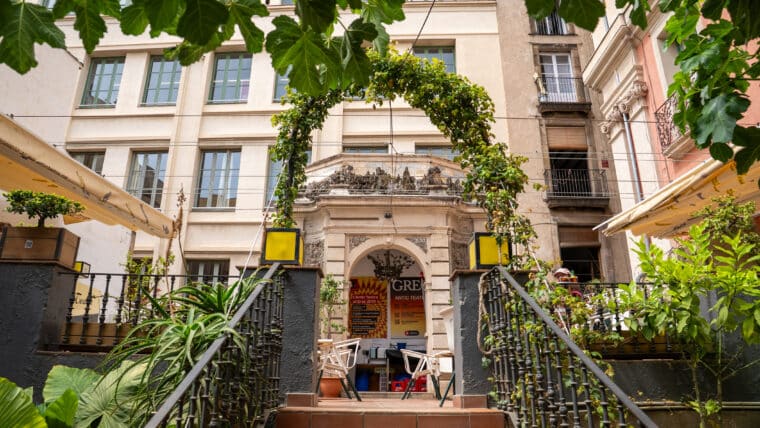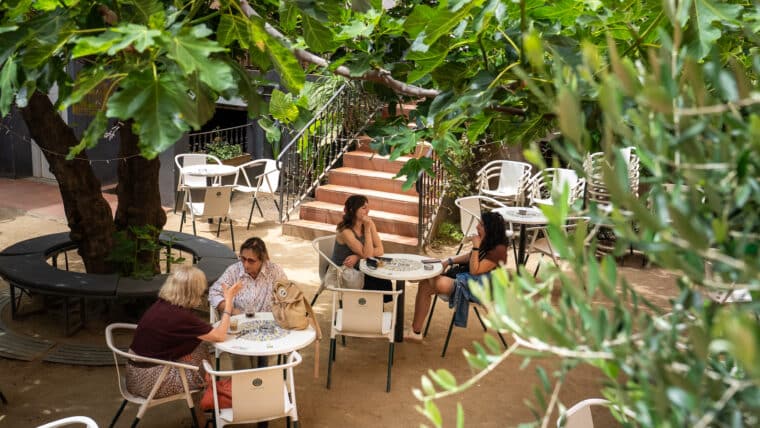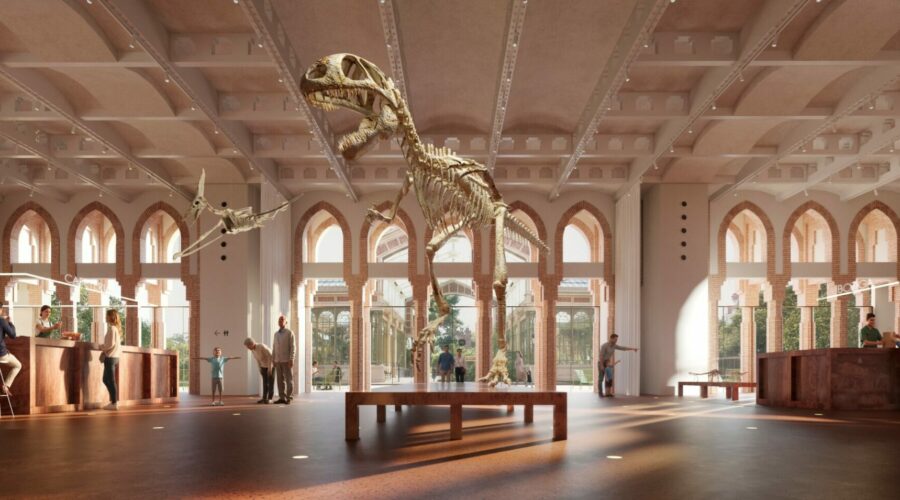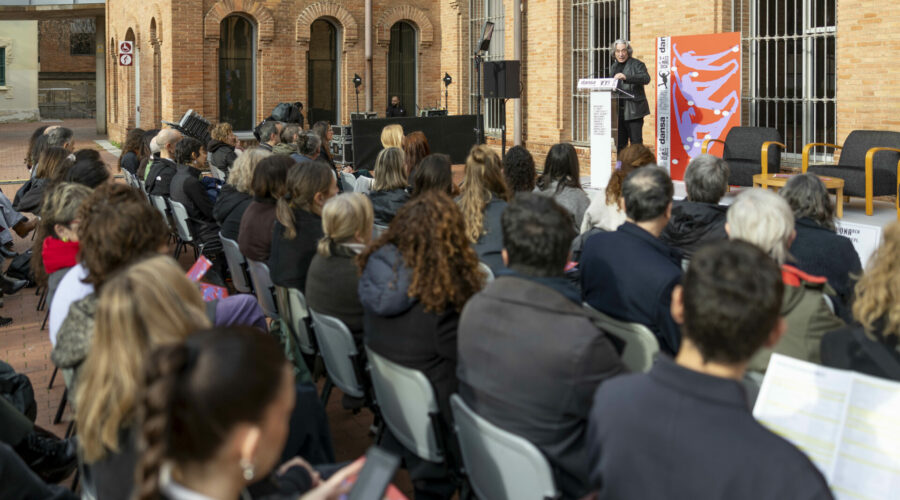The Antic Teatre is not touched. That has been, for years, the implicit motto of a neighborhood that has defended tooth and nail this small cultural oasis in the heart of Ciutat Vella. Now, the Barcelona City Council is taking a firm step to ensure its continuity: it has approved the acquisition of the building that houses it, located at 12 Verdaguer i Callís Street, through an expropriation process valued at 1,064,281.70 euros.
 More than a purchase, a statement of intent
More than a purchase, a statement of intent
This operation is not just an administrative matter or a simple real estate investment. It is, above all, a commitment to grassroots culture, to independent art and to spaces that make the city beyond the big centers. Antic Teatre is much more than a venue: it is a consolidated reference in contemporary creation and a symbol of cultural resistance.
With this expropriation, the City Council not only acquires a building, but also guarantees the stability and continuity of a project with more than two decades of history. The cultural uses of the space are protected, especially on the main floor, the attic, the courtyard and the access building, all of them areas that have the urban planning consideration of local facilities and, in addition, heritage protection.
Culture rooted in the neighborhood
In a city where land prices and real estate pressure have driven out numerous cultural projects, this news marks a before and after. Because the Antic Teatre is not just another theater, but a place where culture is cooked from below, from the proximity to the public and the link with the neighborhood.
Sant Pere, Santa Caterina i la Ribera, one of the oldest and most vibrant neighborhoods in Barcelona, has seen in the Antic Teatre a space of coexistence between the artistic and the everyday. A place where creators, neighbors and visitors share a patio, a conversation or a risky play that would be difficult to find in other circuits.

A global strategy for culture
This movement is not isolated. It is part of a broader municipal policy aimed at recovering and consolidating emblematic cultural spaces in the city. The case of the Antic Teatre joins other recent interventions such as the recovery of El Molino, the acquisition of the Teatro Arnau, the transformation of the Sala Paral-lel 62 or the incorporation of the Teatro Capitol.
All these operations respond to the same objective: to prevent spaces with a high patrimonial and symbolic value from falling into oblivion or into the speculation circuit, guaranteeing instead a stable, accessible and sustained cultural use over time.
In this context, the Antic Teatre is not only saved, but strengthened. It becomes part of the public heritage, which implies a new stage of possibilities: greater security for its managers, new funding opportunities, and institutional support that can strengthen its role within the Barcelona cultural ecosystem.
Beyond bricks: protecting the soul of the city
Barcelona has understood something key: it is not only about preserving buildings, but also about protecting what happens inside them. The Antic Teatre has been, for years, a laboratory for emerging artists, a space where risk and innovation have had a place without restrictions.
The decision to acquire the premises makes it possible to keep that spirit alive, without fear of changes in use or rent increases. It means protecting a way of doing culture that is close, courageous and deeply connected to the city.
In addition, municipal ownership opens the door to greater citizen participation and shared management models that could explore new forms of cultural governance. At a time when cultural policies face the challenge of democratizing access and fostering diversity, such decisions make a difference.
A victory for the culture of proximity
It’s not every day that an expropriation is celebrated as good news. But in this case, it is a small victory for independent culture. A sign that institutions can listen, understand the symbolic value of certain spaces and act accordingly.
The Antic Teatre operation is a reminder that Barcelona, beyond its lineup of major events and iconic museums, beats strongly in its most humble and combative spaces. It is there where new narratives are gestated, where the next generations of creators are formed, where the city thinks of itself from the intimate.
Now that the space has institutional backing, the challenge will be to maintain its essence without losing freedom or freshness. Because the true value of Antic Teatre lies in its ability to discomfort, to surprise and to propose new ways of looking.
And that, with or without expropriation, is not bought: it is cultivated.



